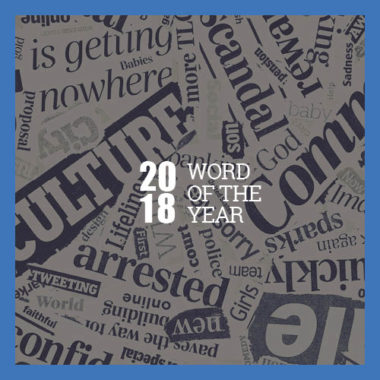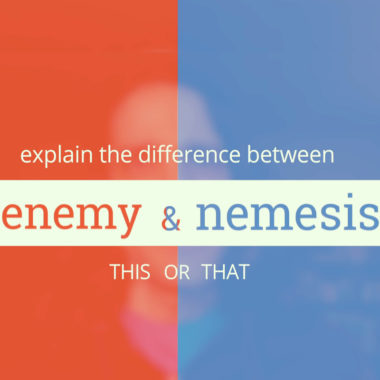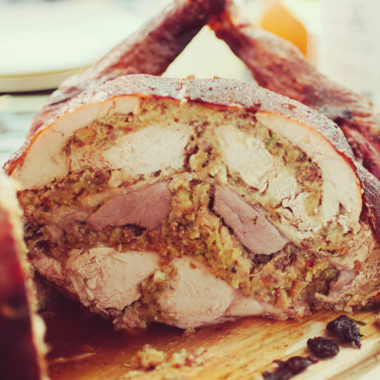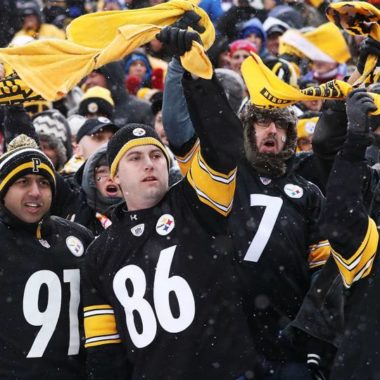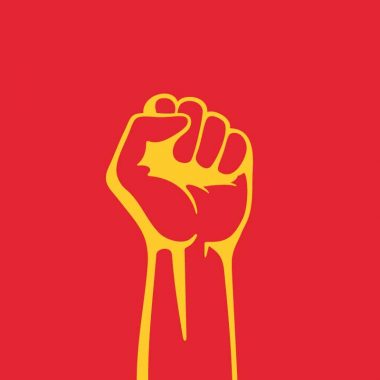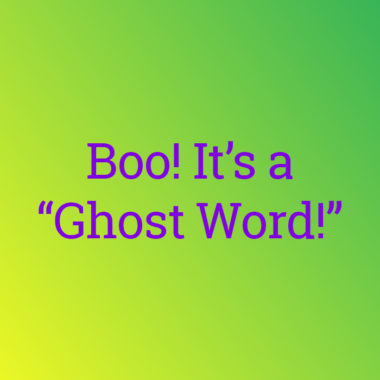Why “Misinformation” Was Dictionary.com’s 2018 Word Of The Year
Our 2018 Word of the Year Is … Misinformation The rampant spread of misinformation poses new challenges for navigating life in 2018. As a dictionary, we believe understanding the concept is vital to identifying misinformation in the wild, and ultimately curbing its impact. But what does misinformation mean? Dictionary.com defines it as “false information that is spread, regardless of whether there is intent to mislead.” The …
